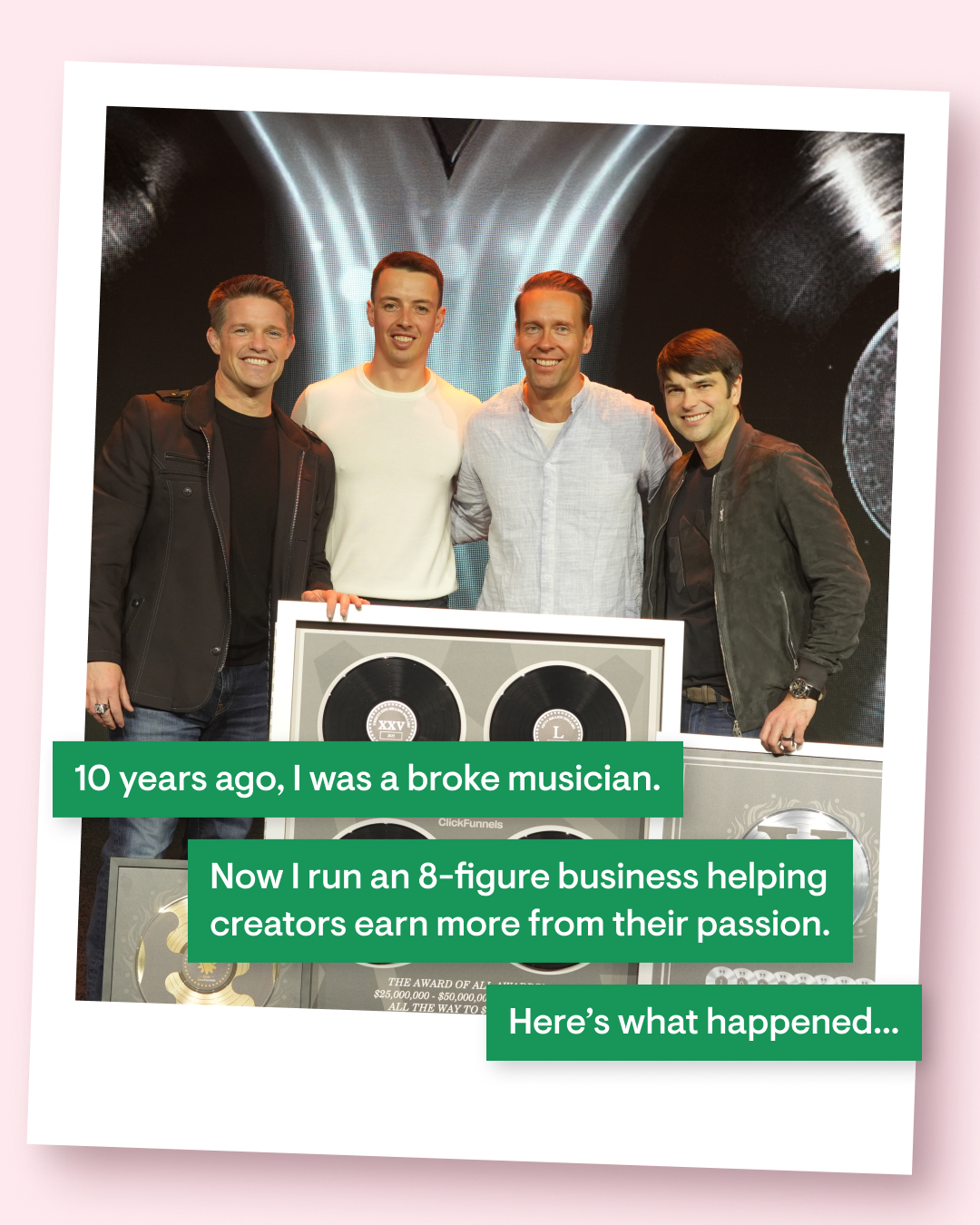Have you always wanted to create your own app but don’t want to learn to code or hire an expensive development team? This is where a white-label solution comes into play.
A white-label product is made by one company and packaged and sold by other companies under a different name and brand. The final product (the one that customers see) looks like it came from your brand.
At Passion, we’ve taken that white-label formula and turned it into an app-making business. We handle the tech, and you get an app that you can fully customize to fit your needs, your brand, and your customers.
What does white label mean?
To put it simply, a white label means that the manufacturer’s branding will not appear on your app. You use our platform and tools to create your app, but we will not push our brand through your product.
Having a white-label app means your branding and company message is front and center for all your app users to see.
What are the advantages of using a white-label app?
Here's a brief rundown of the many advantages a white-label app builder has. If you'd like a more detailed list you can check it out below.
No third-party branding
Our platform user, Diane Bleck, summed up the power of this when she said, “Passion.io gave me my own place, my own digital land that I own. No one can interfere with my brand with my own white-label mobile app”.
No third-party adverts
How many times have you been watching a video online, only to be hit with a video advert right before a really good bit?
It’s annoying, but it’s how a lot of platforms make money. When you own your white-label app, you don’t need to worry about annoying your users with third-party adverts. You have 100% control over what people see in the app.
Control over your content
With a white-label app builder like Passion.io, you aren’t reliant on a development team to make changes to your product.
You upload your content to your app when you want. The no-code platform means that even if you’re a tech newbie, you can create an app your clients will love.
Flexible options and layouts
If you’re using platforms like Youtube or Udemy to host your online courses, you’re constrained by the platform’s style and layout.
With your own white-label app, you can style your app how you like and lead your clients down the journey you want them to go.
The pros of going with a white-label app
1. No development team
Unlike traditional app development that requires you to work with a development agency or freelancer, white-label app-building platforms let you get hands-on and create an app yourself.
This means you have 100% control over your vision.
You don’t need to brief a team or work with people who might not share your passion for your app. Bringing a lot of other people in on your idea can also lead to conflict and other team members trying to stamp their mark on your product.
Building an app yourself avoids this issue.
2. Quicker than a development team
Using a white-label app builder also means you won’t have to wait whilst an external team builds something for you. You can set your deadlines and work at your own pace.
Communication is the biggest drain on your time when working with external developers. Briefs and revisions can eat away at your productivity and cause a simple project to become a nightmare.
3. Cheaper than a development team
The average cost of a simple app can climb into the tens of thousands! Don’t believe us? Check out this article we wrote about the cost of app development. A simple app could cost upwards of $100,000 and that price doesn’t include continued maintenance and updates.
Freelancers and development teams are out of reach for most startups. But you can get around this financial block by using white-label app-building software.
Most drag-and-drop app builders have several feature-based pricing bands for users. This gives you the flexibility to choose a price that works for you. A subscription to an app builder platform can be in the range of $80-$5000 a month, so shop around.
The cons of creating with a white-label app
There are some disadvantages to white-label app builders. They can be temperamental if you don’t stay on top of your admin. When you’re the only person working on the app builder, you’ve got no one to turn to if things break.
1. The builder can be limiting
Using an app platform doesn’t give you the flexibility of working with an app development team.
A developer can build you a bespoke app from scratch. They aren’t constrained by the limitations of the drag-and-drop tools. This is useful if you have a very complex app that needs a lot of unique features.
The easy solution to this problem is to research the right app-builder platform for you. Most drag-and-drop app builders focus on serving one niche or business type. If you find an app platform that is designed for your business model you’ll find that the builder isn’t limiting but liberating.
Say, for example, you want to build an e-learning mobile app. It’d make sense to use Passion.io.
We’ve created a drag-and-drop builder for this very purpose so all our features are geared toward making an amazing coaching app.
2. No one will help you market your app
Using a no-code app builder is a solo mission. What you see is what you get.
When you partner with app agencies they will often factor app marketing and promotion into their fee. Or at least mention it to you when they produce a roadmap for your app.
If you’re happy to do your own marketing, then this isn’t a problem (If you’re using a drag-and-drop app builder to create an app, then marketing it will be easy).
But if the thought of scheduling Facebook ads, email marketing, and ASO sends a cold shiver down your spine it might be worth investing in a professional.














